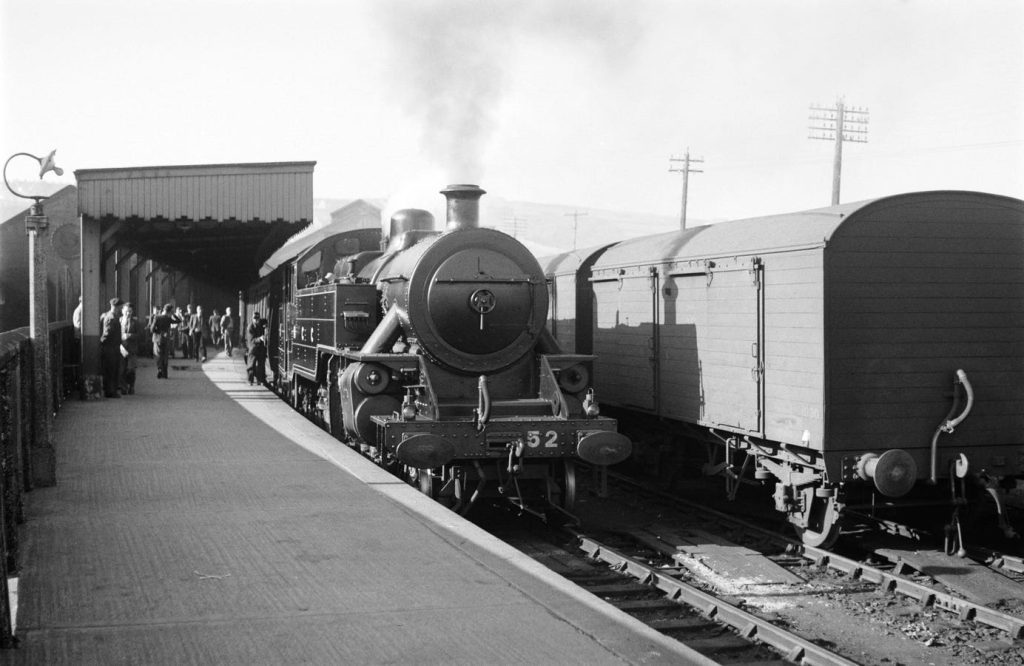The British rail services are currently facing a myriad of issues including late arrivals, cancelled trains, and lack of maintenance. These problems have led to dissatisfaction among passengers and calls for improvement. The Labour Party has promised to renationalize much of the system if it wins the upcoming general election in an effort to increase efficiency and improve service. However, there are concerns about the effectiveness of this approach given the history of the nationalized rail system in Britain.
Following World War II, Britain had a nationalized rail system that lasted for decades. The service during this time was often unreliable, with instances of epic failures and delays. One particular incident highlighted the lack of communication between British Rail officials and passengers, leading to frustration and confusion. The absence of competition for British Rail meant that there was little incentive to improve service or address customer complaints, resulting in a subpar experience for passengers.
Despite the Labour Party’s plans to nationalize the rail system, there are doubts about how effective this approach will be in addressing the current issues. While the party intends to work with private companies for freight deliveries, all passenger trains will come under government control. This move has raised concerns about a potential return to the poor service experienced in the 1970s and early 1980s under the nationalized system. There are worries about whether the government will be able to effectively manage and improve the rail services under nationalization.
The lack of competition in the rail industry has been identified as a key factor contributing to the poor service experienced by passengers. Without other options available, customers had to tolerate the substandard service provided by British Rail. The absence of incentives for improvement and accountability within the nationalized system meant that passengers often faced delays and disruptions without any recourse. This history raises questions about whether nationalization is the best solution for improving the British rail services and meeting the needs of passengers.
While the intentions behind the Labour Party’s plans for nationalization may be well-meaning, there are concerns about the potential impact on the rail services. The lack of competition and accountability in a nationalized system could lead to a recurrence of the issues that plagued British Rail in the past. There are uncertainties about how the government would address the challenges facing the rail industry and whether passengers would see improvements in service quality. As the debate around the future of the British rail services continues, the focus remains on finding solutions that will benefit both passengers and the wider rail network.


